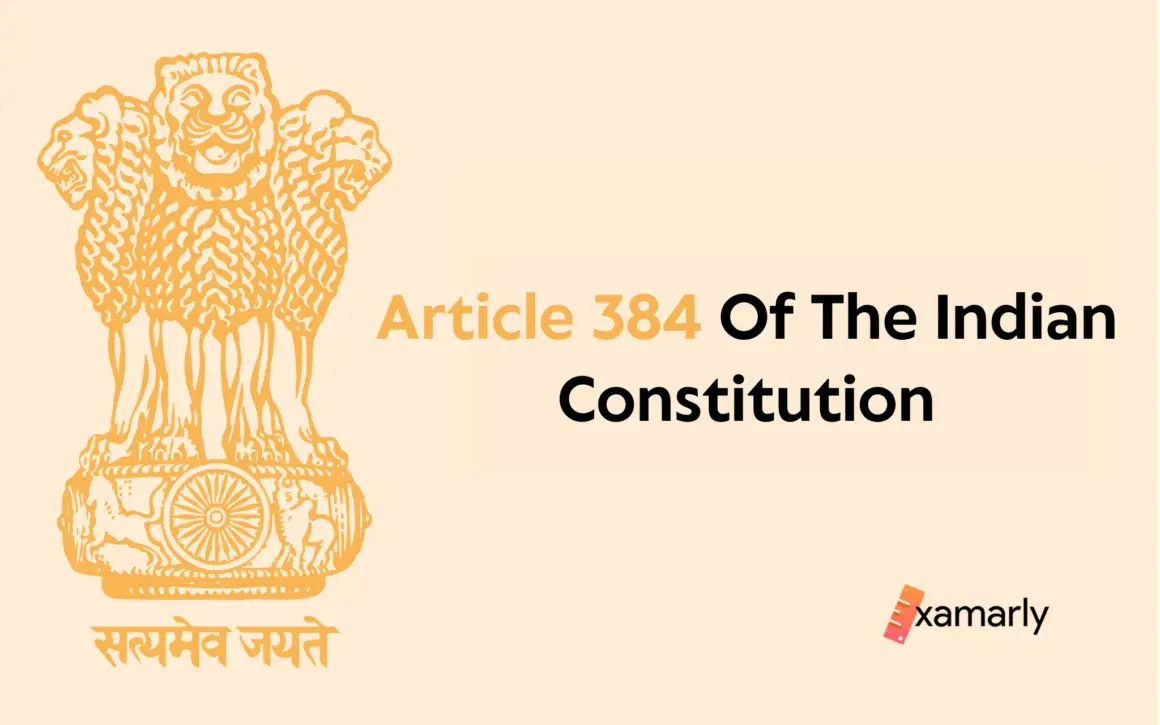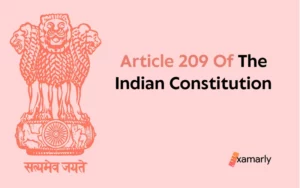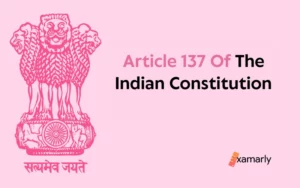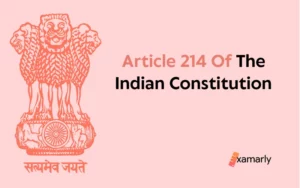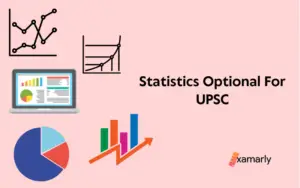Article 384 of the Indian Constitution talked about the Council of Ministers of the Governors.
In this article, we’ll analyse Article 384 of the Indian Constitution in depth.
- Article 384 Of The Indian Constitution – In Depth
- Article 384 Of The Indian Constitution – Omission
- Summary
- FAQs Related To Article 384 Of The Indian Constitution
- Who has the power to grant pardons and reprieves under Article 384 of the Indian Constitution?
- Can the President of India grant pardons and reprieves under Article 384 of the Indian Constitution?
- What is the difference between a pardon and a reprieve?
- Are the powers of the Governor to grant pardons and reprieves absolute?
Article 384 Of The Indian Constitution – In Depth
Article 384 of the Indian Constitution deals with the power of the Governor to grant pardons, reprieves, respites or remissions of punishment or to suspend, remit or commute the sentence of any person convicted of any offence against any law relating to a matter to which the executive power of the state extends.
Specifically, it states that the Governor shall have the power to grant pardons, reprieves, respites or remissions of punishment or to suspend, remit or commute the sentence of any person convicted of any offence against any law relating to a matter to which the executive power of the state extends.
This power of the Governor is subject to any rules made by the President under Article 72 of the Indian Constitution, which gives the President the power to make rules for the exercise of the power of pardon by the Governor.
It is important to note that, this power of Governor is in relation to offences against the laws of the state and not against the laws of the union.
The Indian Constitution provides for a Council of Ministers in Article 163 which states that there shall be a Council of Ministers with the Chief Minister at the head to aid and advise the Governor in the exercise of his functions, except in so far as he is required by or under the Constitution to exercise his functions or any of them in his discretion.
It should be noted that, the Article 163 provides for the Council of Ministers in the state level and not for the Governors.
The President’s rule is imposed by the President of India, if the state government is unable to function as per the Constitution and the governor of the state acts as an agent of the President during this period.
Article 384 Of The Indian Constitution – Omission
Article 384 of the Indian Constitution was omitted by the Constitution (Seventh Amendment) Act, 1956.
One of the major reasons behind its omission could be that the states were being reorganised under the Central Government during that period of time.
Hence, the Union would’ve wanted to keep the autonomy of the States away, the necessity of which ceased to exist in the Union of India.
Summary
Article 384 of the Indian Constitution mentioned about the provision of Council of Ministers to help in aiding & advising the Governor of his duties & functions.
However, it was repealed from the Indian Constitution by the 7th Amendment Act of 1956.
You Might Also Like To Read: Article 385 Of The Indian Constitution.
FAQs Related To Article 384 Of The Indian Constitution
Who has the power to grant pardons and reprieves under Article 384 of the Indian Constitution?
The Governor of a state has the power to grant pardons and reprieves under Article 384 of the Indian Constitution.
Can the President of India grant pardons and reprieves under Article 384 of the Indian Constitution?
No, the President of India does not have the power to grant pardons and reprieves under Article 384 of the Indian Constitution.
This power is vested in the Governor of a state.
What is the difference between a pardon and a reprieve?
A pardon is a formal forgiveness by the state for a crime committed.
It usually means that the person is cleared of any guilt and any legal consequences of the crime.
A reprieve is a temporary delay in the execution of a sentence, usually a death sentence.
Are the powers of the Governor to grant pardons and reprieves absolute?
No, the powers of the Governor to grant pardons and reprieves are not absolute.
They are subject to the advice of the Council of Ministers and are also subject to judicial review.


